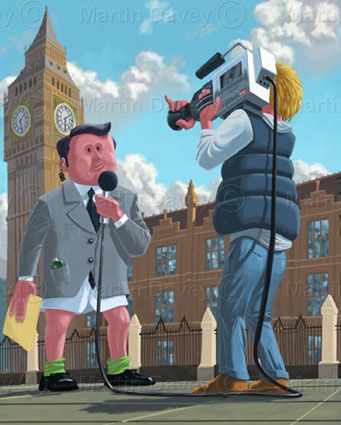| just days after 33 miners were rescued |
Chile's president said Monday that conditions must improve in the country's mining industry, just days after 33 miners were rescued from a collapsed mineshaft at a copper mine in the country's remote Atacama Desert. The miners spent 69 days trapped in a shelter almost a half a mile underground before rescuers were able to reach them by drilling a hole wide enough to send a rescue capsule down. "We cannot guarantee that another accident will never occur in the future," Chilean President Sebastian Pinera told CNN's Connect the World during a visit to Britain to meet Queen Elizabeth II and Prime Minister David Cameron. "But we have learned our lesson and we are revising and changing our relations, our procedures." He added that as a member of the Organization for Economic Co-operation and Development (OECD) -- a forum of nations with a focus on helping governments tackle the economic, social and governance challenges of a globalized economy -- Chile's new rules would be compatible with international standards.
"We will make sure they are enforced in the field because that's where it is important," he said. "And not only in the mining sector; we are revising our standards in many other sectors in order to guarantee that we are doing our best in terms of protecting lives, health, and integrity of our workers." Pinera also described how, as the eyes of the world were fixed on Chile at the start of the dramatic story, he was coming to terms with personal tragedy. As news emerged of the 33 miners trapped a half mile under Chile's Atacama Desert when the San Jose gold and copper mine collapsed, the president's father-in-law was gravely ill. Days and nights were passing without any indication of the state of the men but Pinera spent the night of August 21 at the hospital, at his wife's side. His father-in-law told him: "Don't give up searching. It's your responsibility. It's your duty." They were his last words. Pinera's wife encouraged her husband to immediately go to the mine. Something, she said, will happen today.
Pinera arrived at the mine near Copiapo to a handwritten message sent up by the miners through a probe. "Estamos bien," it said. We are well. Pinera carries a copy of the message in his pocket always. "It was an explosion of joy, happiness, tears all over the country, and I think all over the world," Pinera said Monday, recounting the mine ordeal to CNN's Becky Anderson during a visit to the United Kingdom. It would be many weeks before a dramatic rescue would hoist all 33 miners to safety. The entire world watched, families rejoiced and Pinera emerged with a burnished image. He has been smiling in relief since last week's rescue but on August 5, the day the mine caved in, the burden of life for the 33 miners rested on Pinera's shoulders. "The private company that owns the mine was not able to undertake the search and rescue," Pinera told CNN. "So it was either us, the government, or nobody."
So Pinera launched a blind search, against all odds. He said he held onto "profound conviction" and his faith in God. "I feel that their families were so convinced that they were alive that each time I went to visit them at the mine during those 17 days of anguish, I was reinforced in our convictions that they were alive," Pinera said. "I had a kind of inner voice that told me, keep searching, keep searching, don't give up." He recalled when the energy secretary told him about three possible technologies that could be used in the rescue. Which one should they use? Pinera's thought was: all of them. "The machines can fail. We cannot fail," Pinera said. Then on day number 69, Florencio Avalos became the first miner to make the long journey upward and step out of the rescue capsule. "I will never forget that moment," Pinera said. "It was so, so overwhelming. It was so impressive." Pinera bear-hugged him. As he did all the others, all the way to number 33, Luis Urzua, the shift foreman who chose to be the last out. Urzua told Pinera: "I am handing the ship over to you."
Pinera replied: "You have been a very good chief. A very good captain. Because you never abandoned your ship until all your men were safe. You were the last one. That was your duty and I'm so proud for that." Pinera has been credited for his leadership; for his media savvy -- he used to own Chilevision TV -- and even for what some are calling a badly needed new image for Chile. In England, Pinera alluded to the speech delivered by Winston Churchill when he first became prime minister in 1940. "I have nothing to offer but blood, toil, tears and sweat," Churchill said. "And it was similar that we have the same motivation, faith, and commitment," Pinera said. "Therefore, we kept searching.
"And I think that the lessons that we can take from this accident is when a country is united and committed with faith, with hope, using the best possible technologies and the best possible human teams, we are able to achieve goals that for some people seems as impossible," he said.




















































0 comments:
Post a Comment